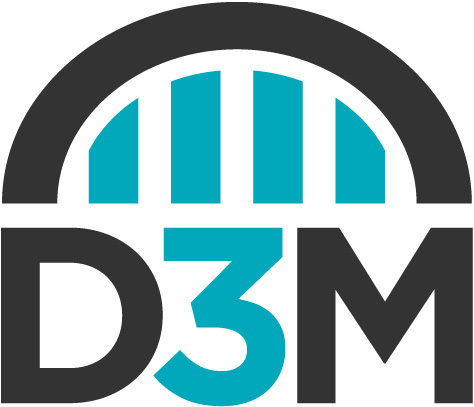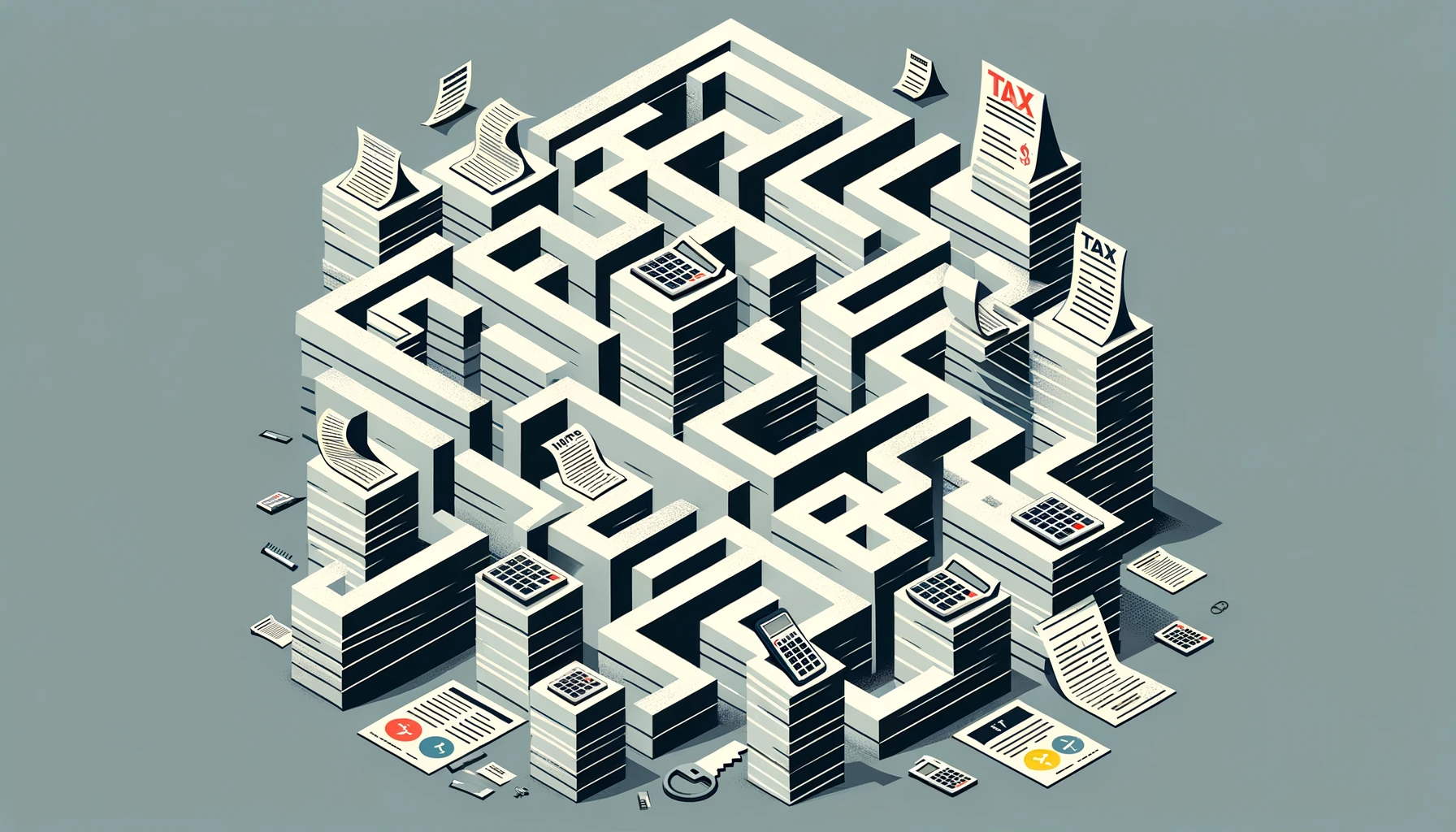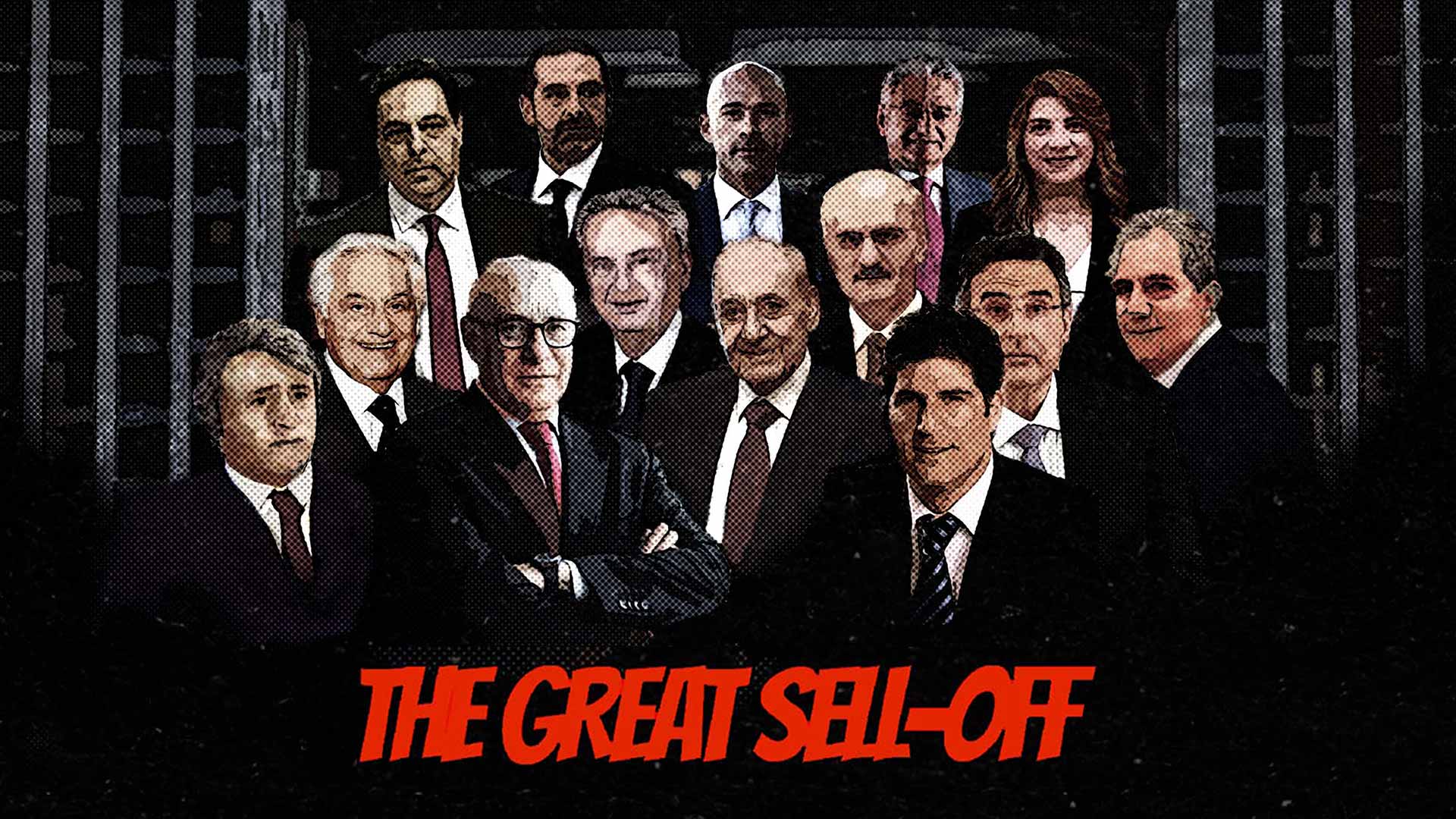The following talking points are drawn from previous position paper on the 2022 Financial Recovery Plan.
The following talking points are recommended:
- TALKING POINT 1: The financial plan makes the right noises, but lacks detail and substance
- TALKING POINT 2: Compensation of depositors is too low
- TALKING POINT 3: The Structure of the Deposit Recovery Fund Breeds Abuse of Power
- TALKING POINT 4: The Plan Should Compensate Depositors Based on the Legitimacy of Their Wealth
- TALKING POINT 5: The Plan Lacks Credibility Because it Lacks Accountability Mechanisms
TALKING POINT 1: The financial plan makes the right noises, but lacks detail and substance
Key Message:
The financial plan makes the right noises on reform, but a deeper look shows that the government is attempting to appease the IMF rather than initiate real reforms or provide any accountability.
- Lebanon’s financial recovery plan (FRP) developed by deputy Prime Minister Saade Chami may include several measures that are prerequisites to macroeconomic stability and an IMF deal, but hides vested interests by removing detail.
- While the plan states that it seeks to unify the illegal multiple exchange rates, allocate banking losses through a bail-in, and balance the budget through improved tax collection, the plan does not provide sufficient detail on loss allocation or how new taxes will be raised in a fair and progressive manner.
- In fact, the recent decrees issued by the Ministry of Finance show that there is no intention on behalf of the government to enforce progressive tax measures but continue to raise indirect regressive taxes and piecemeal policies.
- In addition, reading the law alongside the draft bank restructuring bill reveals that the government also has no intention of being transparent about paying back depositors, or providing accountability for the crimes of the banking sector.
- As a result, the financial plan is more of a smoke screen to appease the IMF, rather than a tool to institute real reform.
TALKING POINT 2: Compensation of depositors is too low
Key Message:
Small and large deposits should be reimbursed in the same currency as the initial deposit, and with a higher deposit insurance level than stated by PM Mikati.
- The plan ambiguously discerns between eligible and non-eligible deposits for compensation without a clear rationale for setting deposit insurance at 100 000 USD.
- Given the depth of the crisis and the way it has been handled, this level should be raised to 250 000 USD protection, the threshold set by the US Federal Deposit Insurance Corporation (FDIC). This would mean banks would have to sell more assets to cover depositors.
- Additionally, the plan fails to lay out a compensation mechanism for LBP accounts.
- Prime Minister Mikati has already gone back on the plan’s commitment to pay back depositors at the market rate by stating that the government intends to pay back 25% of the deposits in USD through the BDL, 25% in USD through commercial banks and 50% in LBP at the black-market rate.
- Compensating depositors in LBP instead of USD should be refuted, as it risks the devaluation of their savings, and will destabilize the exchange rate by increasing LBP liquidity on the market.
- The reimbursement of deposits will also depend on each bank’s fiscal capacity, signifying that the compensation of all depositors, either small or large, is not guaranteed.
TALKING POINT 3: The Structure of the Deposit Recovery Fund Breeds Abuse of Power
Key Message:
The structure of the Deposit Recovery Fund outlined in the plan is facetious, as it sets many conditions which will likely mean that depositors do not receive priority or repayments.
- The plan claims that a Deposit Recovery Fund (DRF) run by ‘an independent private sector entity’ will use revenues from poorly performing state assets to compensate depositors over time.
- However, a draft law restructuring the banking sector issued by the governemnt states that the Council of Ministers and the Minister of Finance will set the membership of the DRF, meaning it will certainly lack independence.
- Importantly, transfer of surplus revenues from state assets to the DRF will occur after achieving unspecified rates of growth, ensuring the ‘sustainability of public debt’ by bringing it down to 75% of GDP and providing ‘adequate’ level of services to citizens.
- These preconditions mean the DRF can and will likely avoid paying back depositors given that it will be managed by politically appointed persons.
TALKING POINT 4: The Plan Should Compensate Depositors Based on the Legitimacy of Their Wealth
Key Message:
The only acceptable exclusion from the compensation scheme is if depositors cannot justify the legitimacy of their wealth.
- Depositors should be required to provide the necessary documentation to prove the lawful origin of their wealth, and if the latter cannot be justified, depositors who can provide justification should be prioritised.
- An independent body of specialists should lead on such investigations and deem that any profits accumulated from illegal or stolen sources of wealth are not to be covered.
- Therefore, all depositors, specifically those above 250,000 USD, who are unable to prove the legitimacy of their wealth should not be eligible for compensation.
- Such legitimate compensation scheme reinforces accountability mechanisms.
TALKING POINT 5: The Plan Lacks Credibility Because It Lacks Accountability Mechanisms
Key Message:
The FRP should pave the way to liability and transparency by prosecuting and penalizing the state, the BDL governor and the banks’ managers for their dreadful and devious financial decisions.
- Although the plan states that it will initiate orderly distribution of losses, it does not hold accountable those responsible for the financial meltdown and excludes the responsibility of the state, the BDL governor and banks’ management.
- The FRP should therefore compel decision-makers within banks to be subject to first declare bankruptcy so that managers are liable to the extent of their personal assets.
- Second, clawback mechanisms, mentioned in passing by the plan, should be detailed to provide compensation for failing to uphold fiduciary duties.
- The introduction of clawbacks on bank managers’ pay and bonuses will act as a deterrent for banks engaging in illegal activities.
- Furthermore, the plan does not hold accountable private companies that shrunk the value of their employees’ salaries through forced lirafication without any form of compensation.




